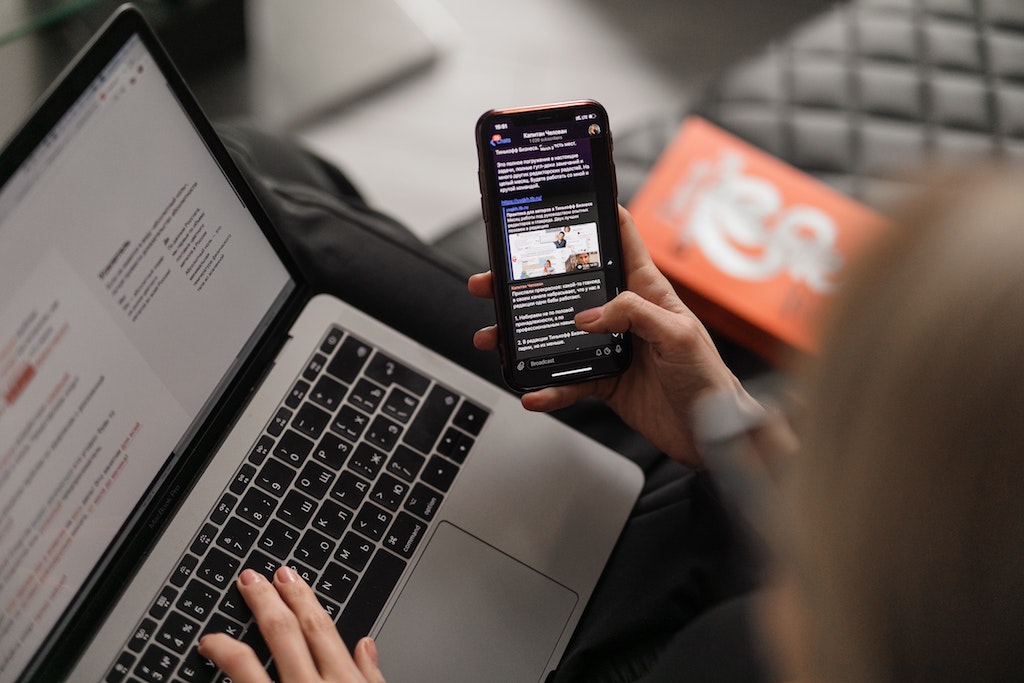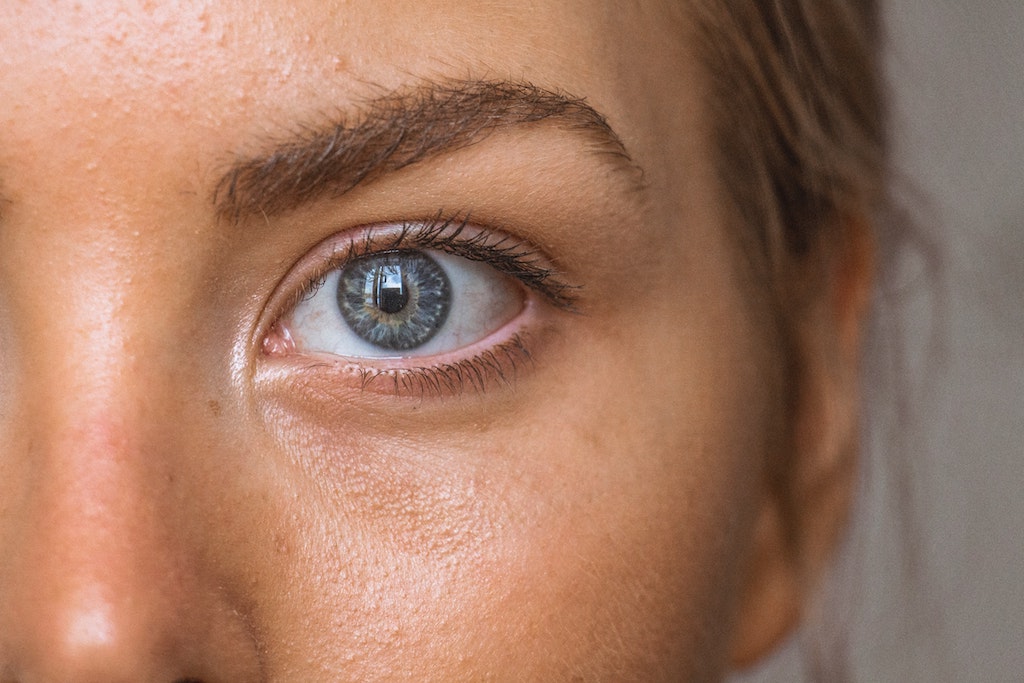What is a Digital Detox?
A friend recently asked me if I had seen this viral clip of a girl rescuing a squirrel from a kiddie pool – highly recommend – I responded with “No, I’m kind of trying this digital detox thing out.” This proceeded with my friend giving me one of those puzzled, frowning faces. “A what? What is a digital detox? And why?”
A digital detox is a break. A reprieve from the digital world. A conscious separation from using technology for a period of time. In theory, the purpose is to reduce the stressors of technology giving yourself permission to focus on your interaction in the physical world.
Take a moment to reflect right now, are you impulsively grabbing your phone to fill some void? Are you finding you’re being consumed by the digital reality more than you would like? Perhaps, it is time for a cleanse, a conscious disconnection… a digital detox.
Reasons for doing a Digital Detox
I think if we are being honest with ourselves, we all have conditioned ourselves to a certain degree to use technology. I mean it is incredibly difficult not to. Information and connection is so accessible in today’s age.
With this in mind, we are constantly inundated with explicit stimulation.
Nevertheless, this can become problematic once you lose sight of your immersion into the digital world.
One of the motivations to purge this alternate reality may be the concern and awareness of developing an addiction towards the internet.
A second would be a reduction of the anxiety and stress that can be caused by the over usage of technology.
Another set of reasons for a digital detox would be a conscious refocusing and reconnection to the physical world. Being able to bring back that focus to real social interactions is integral to swinging back your power from the digital world.
Further, you have the opportunity to give yourself the space needed to reconnect with nature and the beauty it inspires.
The cognitive motivations are another catalytic force that would propel someone to embrace a digital detox.
Without a doubt, there becomes a steep increase in mindfulness. This mindfulness improves your learning capacity by eliminating the noise that is synonymous with technology.
I know some of these reasons are difficult to admit to, I went into a state of denial prior to embracing a digital detox. Thoughts like “I’m not addicted to social media”, “I get all the social interaction I need from the internet”, “I get out enough”, and “I have the right balance” all swirled in my mind.
I was defensive, and once I realized this self-inducing battle that I imposed to defend the technology in my life I understood there was a problem, a problem that needed to be resolved.
How do digital devices affect your health
The emergence of technology and its immersion with the individual has been garnering more and more research.
And this begs the question, WHAT IMPACT DOES TECHNOLOGY HAVE ON MY HEALTH?
I think we can all deduce that the overuse of screen time has an effect on our eyes. The thought of the constant strain on your eyes is wearisome in itself. The symptoms often present themselves as blurred vision and dry eyes. Interestingly, eye strain can bring upon pain into other areas of the body, which includes the head, neck, and shoulders.
Another potential physical side effect of technology are issues with sleep.
In a study conducted in 2014, it was found the blue light emitted from smartphones, tablets, laptops, and e-readers stimulate the brain.
What ends up happening is the blue light disturbs the body’s circadian rhythm – our body clock. The disturbance may make it more difficult to fall asleep leading to a lack of alertness in the following day.
Negative effects of using technology
Now, technology does not solely affect the body, it also plays a potential role in your psychological well-being.
In a 2016 study, it was suggested that social media may be linked to depression and anxiety. The results were not definitive, but did provide some insights.
There was evidence that supported the claim that social networks can perpetuate a state of depression and anxiety if the reality they created was negative.
If the perception that their social interactions were negative, it would arrest the person in a state of mind where depression and anxiety could have an easier time latching itself to that person.
Social side effects of using technology too much
Often times, we unconsciously snub real physical interactions for digital stimulation.
A study in 2016 found that relationship satisfaction can be reduced if either partner places more focus on their cellphone than the other partner. In other words, snubbing your partner in favor of your cellphone.
In a 2017 study, it was suggested that social media may place a strain on the individual by making them feel alone, and isolated from reality. People between the ages of 19-32 with high social media use were more than 3x likely to feel socially isolated than those who do not frequent social networking sites as often.
How to do a Digital Detox
Now that we kind of have an understanding of the reasons why a detox may be a good idea, I want to supplement you with some methods of digital detoxing.
The first step is identifying two notions:
- What is the amount of time you spend with technology aka on your phone, tablet, laptop, and T.V.?
- What would you rather be doing?
By establishing these two variables you’ll have the foundation for the intensity needed for your detox.
I’m going to share with you some common practices that are used in digital detoxes, feel free to take as many or as little of these techniques and implement them into a personal digital detox!
Turn off push notifications
The constant buzzing, and dinging, does not have to be a part of your life, in fact, this is probably the easiest way to implement a detox. You do not need the constant updates, and by having the constant interruptions your ability to focus is difficult to harness.
Start by turning off notifications on social media, and if you really want to go extreme, turn notifications off on text messages and emails.
Pause and ask WHY
Prior to reaching for your phone, stop, and ask why am I grabbing my phone? What is my purpose with using my laptop or tablet?
We often grab our devices out of impulse to either distract, avoid, or ignore the present moment. To stop this, just challenge yourself to give yourself an answer to why do I need to use my device right now.
One screen at a time
When using our devices, we often get swept up in using multiple devices at once. I know I’m often guilty of doing work on my laptop, and using my phone, or when watching something on T.V., scrolling through social media.
Try and make a habit of focusing on one screen at a time, this will help with your ability to focus.
Tech free hours
Try and designate hours of the day where you are free of all devices during certain times of the day.
For example, most of us grab our phones when we wake up, try and wait an hour after you wake up before going on your phone. Of course, you can set out certain hours that work best for you.
Social media cleanse
Do some cleaning out on your social media accounts. Scroll through the accounts you are following and ask yourself what is the purpose of following this account, if you can’t find more than 2, maybe it’s time to hit unfollow.
Try also to pick one form of social media instead of using multiple.
Device Fasting
This is probably the most extreme method of a digital detox and maybe the most difficult to complete.
Nevertheless, it more than likely has the most profound effect.
Taking a multiple-day break from all devices seems difficult at first, but keep in mind if you implement some of the five other methods to detox this will become easier, and more attainable.
Wrap Up
I think we can admit that we often don’t even realize the basic impulse of grabbing our phones. The illusion of never being bored is cemented into our minds through the constant inundation of the digital world.
However, sometimes we need a break, sometimes we need to reconnect with the real world.
Technology has brought us all closer together, but it also has the potential of losing sight of our reality. This can cause feelings of isolation, which can lead to an increase in anxiety and depression.
Perhaps, now is not the time for you to embrace a digital detox, but maybe it is.
If you feel like your device is having an influence on your health, and relationships, maybe now would be a good time to implement one or a couple techniques that will bring you a reconnection to the real.
Did you know that a yoga retreat can also be the perfect place to do a digital detox, reconnect with yourself, with nature, and with the world? If you are interested, here all the benefits of attending a yoga retreat.






